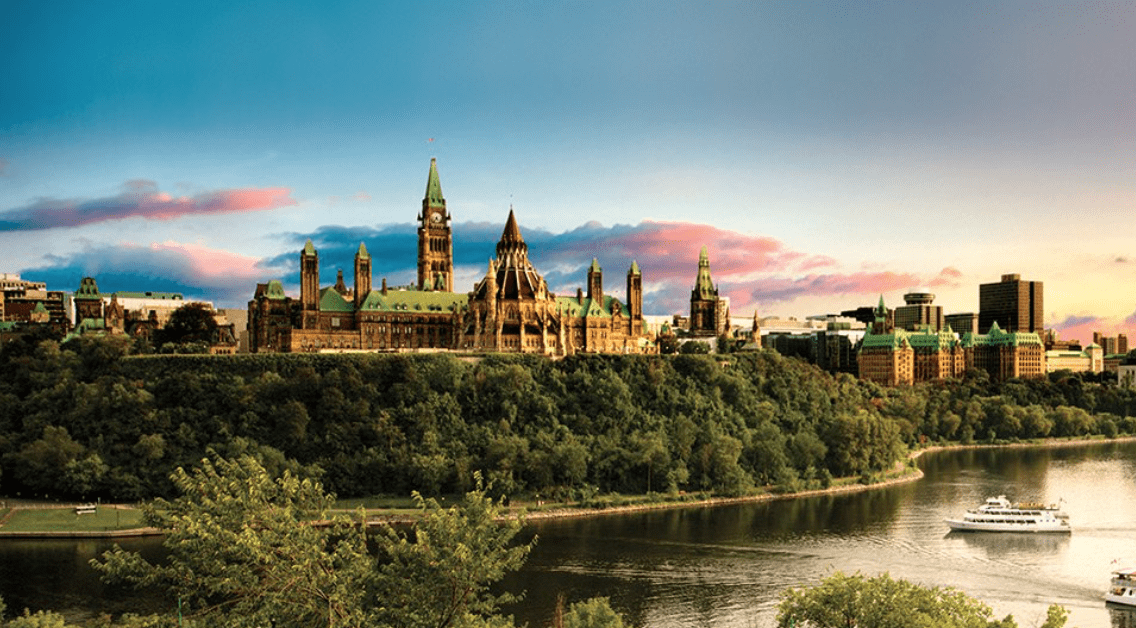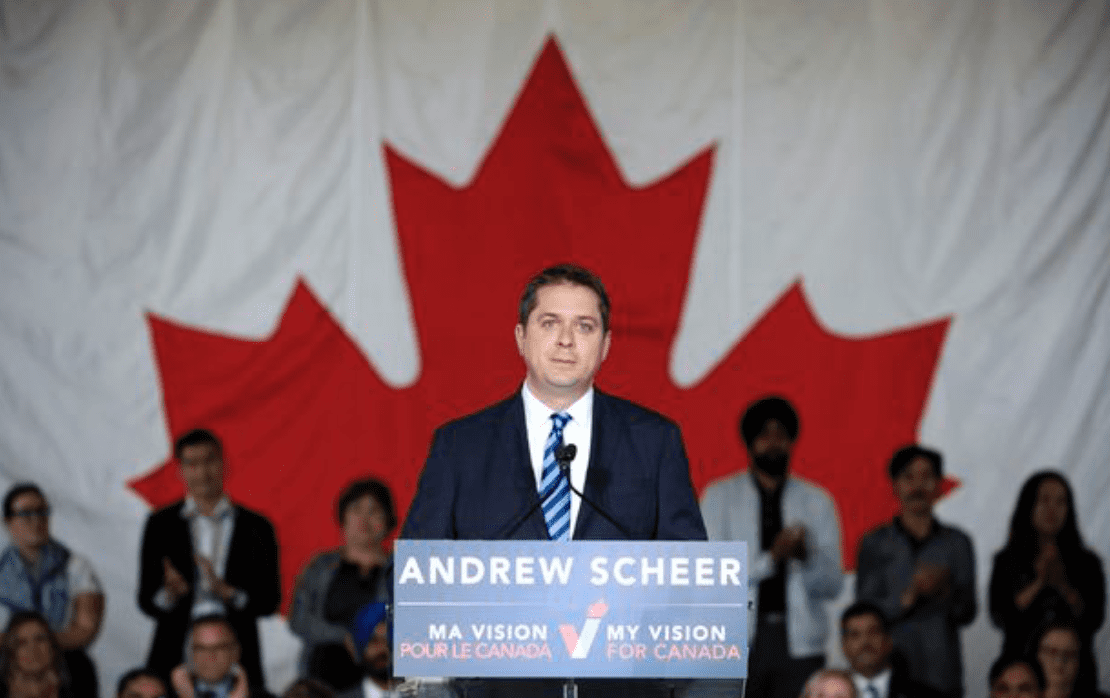There are officially three sitting weeks left in the House of Commons, and the government is ensuring that they will be long sitting weeks as MPs will be sitting until midnight four days a week to pass the bills still on the Order Paper, while the government still introduces more of them this week's tabling of the enabling legislation for the New NAFTA being but one example. While it is certainly possible that the government, through judicious use of time allocation motions, get through all of those bills, the real question remains the Senate, where the Order Paper crisis has not abated with the timetable agreement forced on the Leader of the Government in the Senate err, "government representative," Senator Peter Harder. This is going to very likely mean that the Senate is going to have to sit well into July to pass everything still on its plate, and that the House of Commons will likely have to be recalled after Canada Day to deal with amendments that come its way.
Not to put too fine of a point on things, but there are currently ten bills still on the Order Paper in the Senate, and another nine government bills headed its way from the House of Commons including the New NAFTA bill. Two of those bills still in the Commons are money bills, which mean that they will absolutely need to get passed, and one of them is an Indigenous bill that will be key to prime minister Justin Trudeau looking to show progress on his election promises and the process of reconciliation. One of the other bills introduced last week, which seeks to amend the Oath of Citizenship to include reference to Indigenous treaties, is also fulfilling one of the recommendations of the Truth and Reconciliation Commission, so Trudeau would very likely want to also get that passed as well.
That doesn't leave many bills that the government could leave on the Order Paper to die as a marker for the election in terms of something they will want to show they are committed to in the next election I would have a hard time seeing them wanting to abandon their poverty reduction strategy bill, or the cannabis possession pardons bill, so that leaves… the independent oversight of CBSA bill (which they should have passed three years ago when the Senate bill on the same topic was passed, but that's another story for another day), and the Mackenzie Valley resource management bill. There's not a lot they can leave on the table.
Which brings us to the problem in the Senate with managing their timelines in terms of getting these bills passed. While an agreement for timelines was forced on Senator Harder in early April for a number of bills, two of them are behind on their timelines for third reading votes, both bills still in committee, while a third one still has another week to go on its agreed upon timeline to finish committee study and have its third reading vote. While some players in the Senate have been looking for them to sit later and get through business, most of the Independent senators have little appetite for doing so, and while they are now sitting Monday evenings, they are not sitting Fridays.
There are a few problems compounding here one of them is with the government not getting bills to the Senate in a timely enough manner, which is fair enough criticism, but that's only a problem for the incoming nine bills and not the ten that are already on the Order Paper. Another problem is the fact that there are too many private members' bills that senators are focusing their attention on, particularly Romeo Saganash's UNDRIP bill and Rona Ambrose's bill on judicial training. In fact, the Senate voted to force the legal and constitutional affairs committee, which is already overloaded with government bills, to hold a special session to deal with Ambrose's bill where senators are proposing major amendments to it given that the bill as it stands is likely unconstitutional and they will turn it from a very bad bill that will harm judicial independence to a fairly harmless feel-good bill that has simply wasted everyone's time.
But the biggest problem remains that the Independent Senators Group still can't get their act together when it comes to dealing with legislation. Even if they would negotiate timelines on bills recall that they consider any kind of horse-trading in order to get things done to be "partisan" and they refuse to do so they can't get any of their members to adhere to those negotiated timelines, which makes it difficult for the other groups to trust them at this point. Add to that, too many of those Independent senators want to spend time on extraneous debate, getting their thoughts on the record rather than being more efficient about the business of legislation that the Senate used to be known for, and this creates added drag on the timelines.
But that's not where the blame is being laid, which is where this conversation is likely to devolve the closer to Canada Day this parliament gets and the bills continue to pile up on the Order Paper, and that blame will be laid at the feet of the Conservatives because they are doing their jobs as the official opposition and *gasp* opposing bills. You know, like how a Westminster system is supposed to operate. This is made worse when political scientists with media profiles are railing that the Conservatives shouldn't be allowed to be a political caucus in the Senate any longer, and it builds onto the narrative that even when Conservatives raise legitimate concerns with bills because it's their job those concerns are just them being partisan so they should be dismissed. Yes, there have been procedural shenanigans, but oftentimes it's done in the service of trying to get the ISG and Harder to negotiate like they're supposed to. But nobody wants to admit that this is a major flaw in Trudeau's "reform" of the Senate, and with that in mind, I look forward to welcoming MPs back in July to deal with those overdue Senate bills, when Ottawa will be a hot, humid mess.
Photo Credit: Ottawa Tourism











